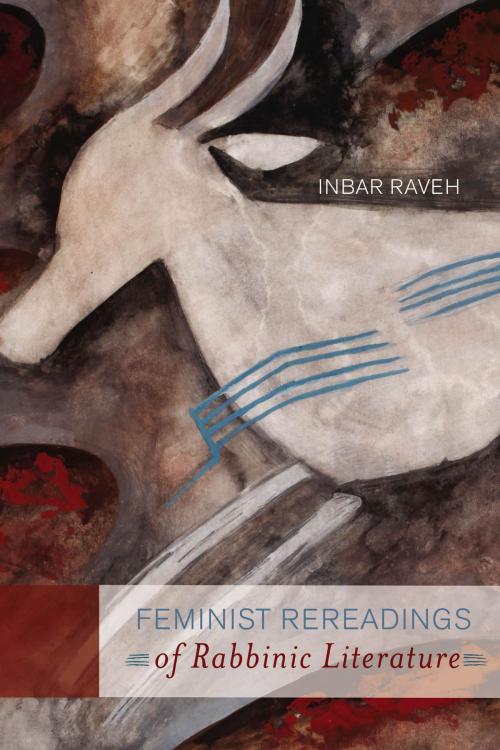Feminist Rereadings of Rabbinic Literature
Fiction & Literature, Literary Theory & Criticism, Jewish, Nonfiction, Social & Cultural Studies, Social Science| Author: | Inbar Raveh | ISBN: | 9781611686098 |
| Publisher: | Brandeis University Press | Publication: | November 4, 2014 |
| Imprint: | Brandeis University Press | Language: | English |
| Author: | Inbar Raveh |
| ISBN: | 9781611686098 |
| Publisher: | Brandeis University Press |
| Publication: | November 4, 2014 |
| Imprint: | Brandeis University Press |
| Language: | English |
This book offers a fresh perspective on classical Jewish literature by providing a gender-based, feminist reading of rabbinical anecdotes and legends. Viewing rabbinical legends as sources that generate perceptions about women and gender, Inbar Raveh provides answers to questions such as how the Sages viewed women; how they formed and molded their characterization of them; how they constructed the ancient discourse on femininity; and what the status of women was in their society. Raveh also re-creates the voices and stories of the women themselves within their sociohistorical context, moving them from the periphery to the center and exposing how men maintain power. Chapter topics include desire and control, pain, midwives, prostitutes, and myth. A major contribution to the fields of literary criticism and Jewish studies, Raveh’s book demonstrates the possibility of appreciating the aesthetic beauty and complexity of patriarchal texts, while at the same time recognizing their limitations.
This book offers a fresh perspective on classical Jewish literature by providing a gender-based, feminist reading of rabbinical anecdotes and legends. Viewing rabbinical legends as sources that generate perceptions about women and gender, Inbar Raveh provides answers to questions such as how the Sages viewed women; how they formed and molded their characterization of them; how they constructed the ancient discourse on femininity; and what the status of women was in their society. Raveh also re-creates the voices and stories of the women themselves within their sociohistorical context, moving them from the periphery to the center and exposing how men maintain power. Chapter topics include desire and control, pain, midwives, prostitutes, and myth. A major contribution to the fields of literary criticism and Jewish studies, Raveh’s book demonstrates the possibility of appreciating the aesthetic beauty and complexity of patriarchal texts, while at the same time recognizing their limitations.















